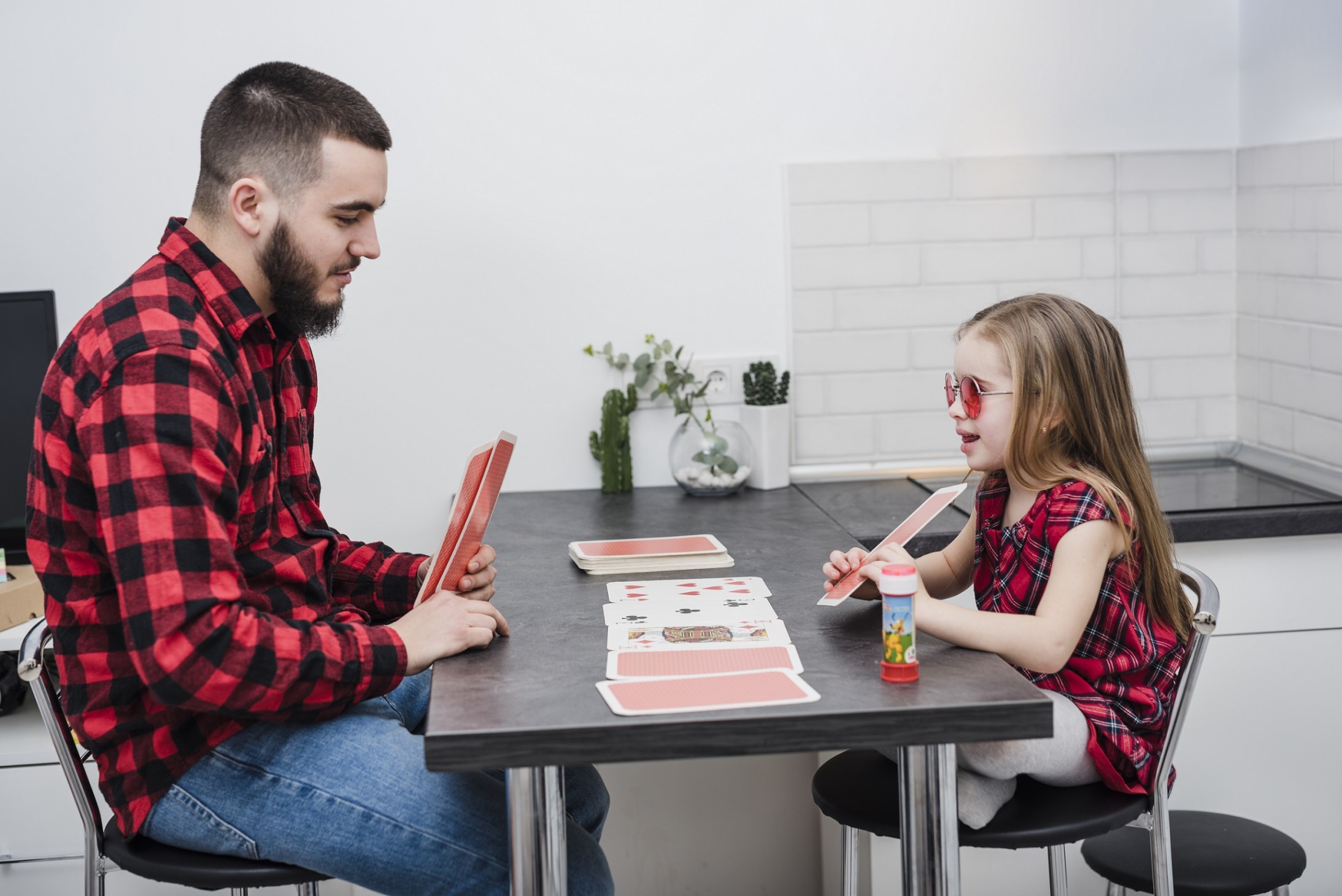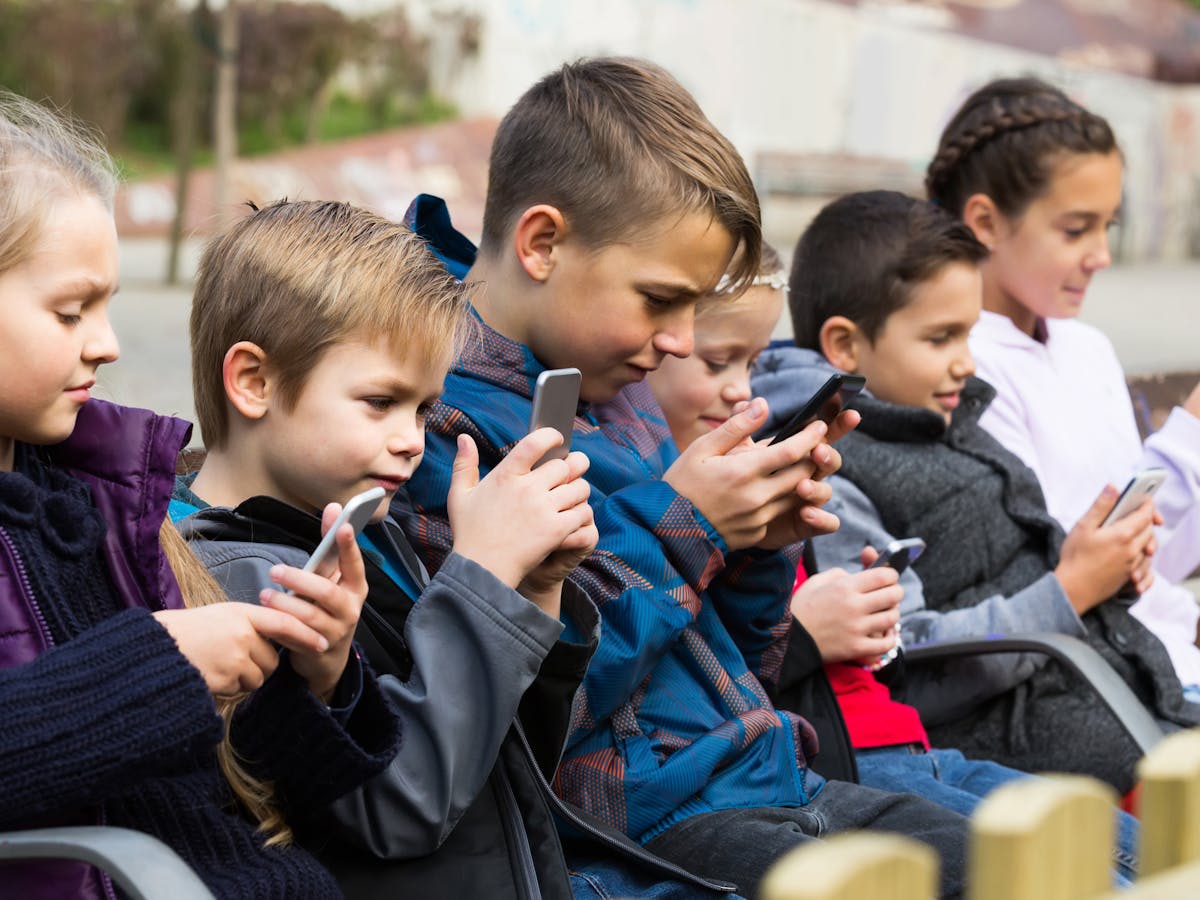A study reveals the consequences in children of consumerism that can cause significant psychological disorders. Fortunately, we can change this trend.
Did your kid just write a cute letter to Santa with a lot of orders for very expensive, short-lived plastic toys? Is your teenage son or daughter constantly asking for money to buy expensive clothes, shoes, phones and gadgets?
Not in vain, because, they are bombarded by publicity and also by the example of the elderly, children are easy prey for consumerism. However, the desire for and obtaining all of these items could seriously undermine the well-being of children. The good news is that we can still change this culture in our family.
The signs of consumerism
Boxes full of unused toys, refrigerators full of food that we will not be able to eat, closets full of clothes that we do not use, basements and garages full of abandoned items. However, we keep buying and buying and we are never satisfied.
The incessant requests of children confuse us and in the end we end up "pampering" them, believing they make them happy. However, this vicious cycle, instead of creating true happiness and well-being, is an omen of dissatisfaction in the short and long term. Also, our houses are full of useless things and our wallets almost empty!
Research
Studies have shown that disproportionate attention to material possessions damages our well-being and that of our children. According to this research, materialism implies dissatisfaction, unhappiness, decreased vitality and social cooperation, as well as psychic pathologies, such as depression and anxiety, and little empathy for others. Those who are too attached to material possessions and project a lot of importance on the possession of material objects are more likely to have antisocial and even racist behavior.
Others studies show that consumerism may be the cause of increased narcissism among young people and decreased empathy.
Raising Less Consumer Children
Fortunately, things are changing a bit and the new sensitivity towards the environment it could be an important lever for everyone. The same research shows that this trend can be addressed and we parents have the power!
First we have to pay attention to how we behave. Are we one of those who buy too much or are we victims of fashion? How do we talk about money and material objects in front of our children? In fact, the example is the first weapon that influences their behavior.
If your child yells like crazy in front of everyone in the toy store, grocery store, or refrigerator, remember that they are not doing him a huge favor by pleasing him. In fact, too much leniency can lead to lifelong problemssuch as an unbalanced diet or inability to manage money.
The happiness of doing things together
The concept of happiness must disconnect from owning and consuming. We need to shift our focus to activities that bring truer and more lasting joy.
It is better to dedicate time to activities to do as a family: being together outdoors, do creative activities, volunteering together, spending time with friends, or reading. For many children, spending quality time with their parents is a real treat! If they do it when they are little, they understand and live the moment as something beautiful to do.
Moderation
Pay attention to the way you talk to him about money and the things we want. You have to understand that things take effort, and that there are many things in life that do not cost money that bring happiness and joy.
Limit exposure to advertising
Television advertising for children is continuous and aggressive. So try to limit it as much as possible, using streaming apps or programs. It is also good to explain what the purpose of advertising is and the great power it has, to which we should not be subject.
Educating the gift
Research shows that giving, gives more happiness than receiving. Teach your children to donate toys they no longer use or clothes that are too small for them.
Recycle and buy second hand
Organize toy and used clothing swap markets with your friends. Or start to buy second hand things.
Educate in gratitude
Educate them to appreciate what they have and what they get from others. Not only of material things, but also of health, family, friends, nature and the good luck of living in a country free of wars and exploitation of child labor.
Speak, read and pay attention
We should talk about how money is earned and how it is spent. From the fact that sometimes we have to give up something because it is not within our budget. It is also good that they learn to distinguish between want and need.
Speaking of environmental impact of the things we buy, the plastic toys or the food we waste. Children are very sensitive to these aspects and would certainly understand them!


